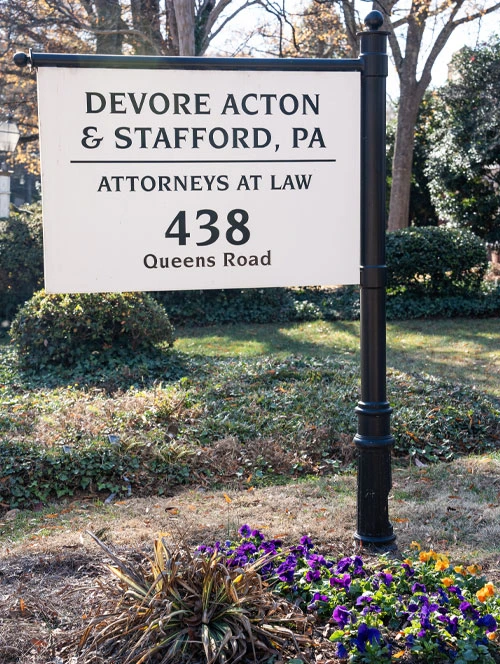Executing on a Judgment

One of the biggest issues facing litigants and attorneys in a poor economy is the ability to collect on a judgment. My guess is that a majority of the public think that once a judgment is entered, that amount of money is immediately sent to the prevailing party. Whether dealing with an individual or struggling company, too often a sizable judgment is not collectible. The law creates several avenues for debtors to escape paying judgments and to retain certain personal assets.
When consulting an attorney about your case, it is important that he/she discloses to you, in addition to the merits of your case, the likelihood of collection. The best attorney in the world is valueless if your large jury verdict only exists on paper. Often times, the litigants themselves are the most knowledgeable concerning an opposing party’s assets.
Before pursuing a case, it is important to have an attorney that 1) can ascertain the likelihood of success, 2) can discover other responsible parties, if any, 3) is experienced in executing on a judgment. Executing on a judgment involves complex issues that require constant communication with the Sheriff’s office, knowledge of supplemental proceedings to discover assets, and a commitment to your case well after a judgment is awarded.
This blog does not create an attorney-client relationship. You should not rely upon this blog for legal advice, but instead should consult an attorney experienced in your area of concern.

request your consultation
"*" indicates required fields



